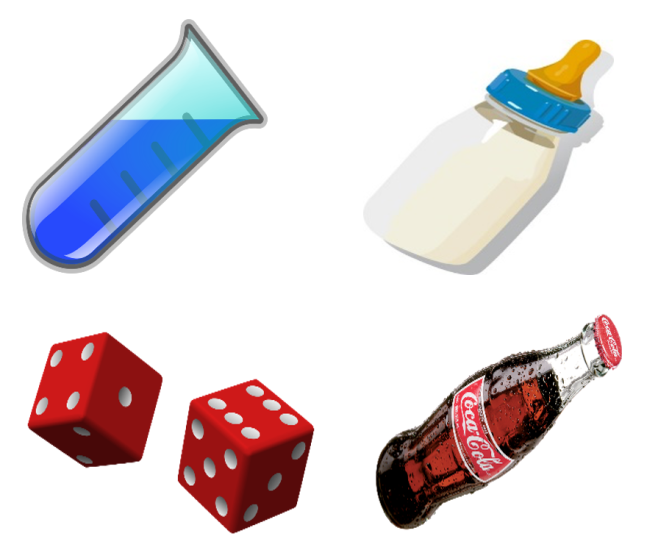The Science for Profit Model—How and why corporations influence science and the use of science in policy and practice
Major industries, including tobacco, chemical, and pharmaceutical, have long used science to delay progress in tackling threats to human and planetary health by obscuring industry harms, and opposing regulation. A new study in PLOS ONE synthesizes the literature to develop an evidence-based typology and model of corporate influence on science in order to provide an overview of this multi-faceted phenomenon. Their report provides an accessible way to understand how and why corporations influence science, demonstrates the need for collective solutions, and discusses changes needed to ensure science works in the public interest.
Globalization, first-foods systems transformations and corporate power
This report in Globalization and Health synthesizes literature and data on the market and political practices of the transnational baby food industry. The authors found that industry practices are a major impediment to global implementation of the International Code of Marketing of Breastmilk Substitutes, and other policy actions to protect, promote and support breastfeeding. They conclude new modalities of public health action are needed to negate the political practices of the industry in particular, and ultimately to constrain corporate power over the mother-child breastfeeding dyad.
A public health approach to gambling regulation
A Viewpoint in Lancet argues that the United Kingdom lacks a gambling policy system that explicitly tackles public health concerns and confronts the dependencies and conflicts of interest that undermine the public good. Too often, government policy has employed discourses that align more closely with those of the gambling industry than with those of the individuals, families, and communities affected by the harms of gambling. The authors identify elements that need challenging and stimulating debate.
Cristiano Ronaldo rebuff sees Coca-Cola market value fall by $4bn
After soccer star Cristiano Ronaldo removed two Coca-Cola bottles at a Euro 2020 news conference, reports ESPN, Coca Cola saw its share price drop by 1.6%, lowering its market value from $242bn to $238bn — a $4bn drop. Ronaldo, an advocate of a healthy diet, moved the glass bottles out of the camera frame and instead held up a bottle of water and said in Portuguese: “Water!” A few days later, France midfielder Paul Pogba removed a bottle of Heineken beer that had been placed in front of him at a news conference following the 1-0 win over Germany in Munich. Pogba, a practicing Muslim who does not drink alcohol, removed the bottle when he sat down to speak to the media after he was named man of the match.
